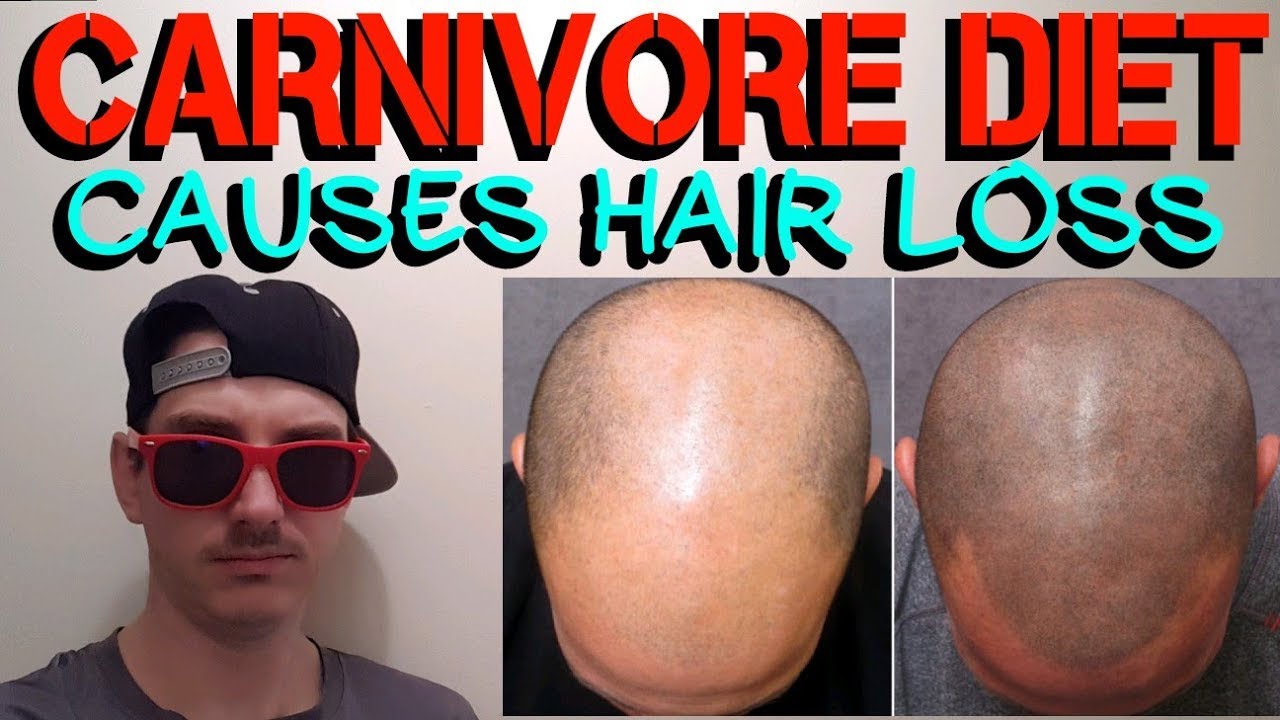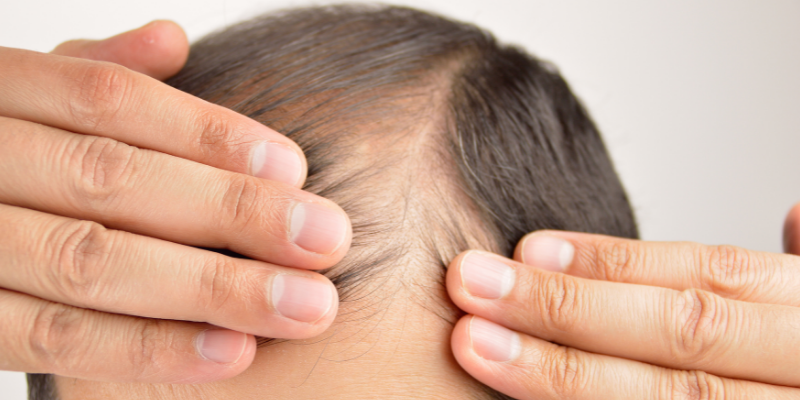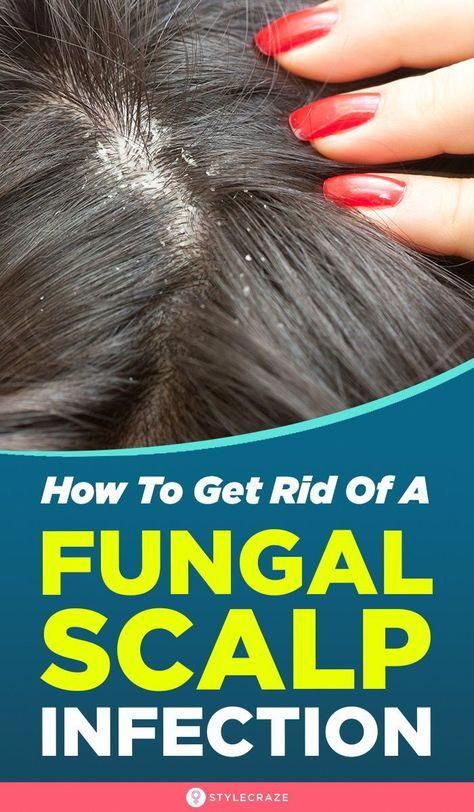Who Gets Alopecia Areata
Anyone can have alopecia areata:
- Both men and women can get it.
- It affects all racial and ethnic groups.
- It can happen at any age, but most people get it in their teens, 20s, or 30s.
If you have a close family member with the disease, you may have a higher risk of getting it, but for many people, there is no family history.
People with certain diseases, such as psoriasis, and those with allergic conditions such as hay fever are more likely to get alopecia areata.
Causes Of Hair Loss And Baldness
A variety of factors from illness to poor nutrition to hormonal imbalances to major stress can contribute to hair loss. If you’re experiencing thinning hair or baldness, you need to get to the root of the problem to determine the best treatment.
Hair loss whether baldness or noticeably thinning hair can occur for a number of different reasons. Sometimes hair loss is a side effect of a health problem that needs to be addressed and will remedy itself when the health problem is properly treated. When hair loss is due to a condition involving the hair itself, as in the case of alopecia, the hair loss can be permanent.
Your Mom Lost Her Hair Too
“If you come from a family where women started to have hair loss at a certain age, then you might be more prone to it,” says Dr. Glashofer. Unlike men, women don’t tend to have a receding hairline, instead their part may widen and they may have noticeable thinning of hair. This is also known as femalepattern baldness.
Women may benefit from minoxidil to help grow hair, or at least, maintain the hair you have, Dr. Glashofer says. Rogaine is available over-the-counter and is approved for women with this type of hair loss.
Recommended Reading: What Is Female Pattern Hair Loss
What Causes Excessive Hair Loss
A number of things can cause excessive hair loss. For example, about 3 or 4 months after an illness or a major surgery, you may suddenly lose a large amount of hair. This hair loss is related to the stress of the illness and is temporary.
Hormonal problems may cause hair loss. If your thyroid gland is overactive or underactive, your hair may fall out. This hair loss usually can be helped by treating your thyroid disease. Hair loss may occur if male or female hormones, known as androgens and estrogens, are out of balance. Correcting the hormone imbalance may stop your hair loss.
Many women notice hair loss about 3 months after theyve had a baby. This loss is also related to hormones. During pregnancy, high levels of certain hormones cause the body to keep hair that would normally fall out. When the hormones return to pre-pregnancy levels, that hair falls out and the normal cycle of growth and loss starts again.
Some medicines can cause hair loss. This type of hair loss improves when you stop taking the medicine. Medicines that can cause hair loss include blood thinners medicines used for gout, high blood pressure, or heart problems vitamin A birth control pills and antidepressants.
Certain infections can cause hair loss. Fungal infections of the scalp can cause hair loss in adults and children. The infection is treated with antifungal medicines.
Possible Symptoms That May Accompany Hair Loss

Possible symptoms that may accompany hair loss may include:
- Gradual thinning of the hair on the top of the head
- Circular or irregular bald spots
- Hair thinning
- Hair loss all over the body
- Scaly patches on the scalp
These symptoms can vary from one person to another, depending on the underlying cause. If you notice any of the above symptoms, its best to see your doctor right away.
Also Check: How To Stop Hair Loss In Teenage Girl
Is It Normal To Lose Hair With White Bulb
In Conclusion Hair Falling Out With a White Bulb Its normal to shed between 50 and 100 hairs every day, some of which might have a white bulb at their root. However, excessive hair loss may be a sign that you have telogen effluvium, a form of shedding that can cause you to lose hairs early in their growth cycle.
Autoimmune Diseases That Affect Hair
Alopecia areata is often associated with an autoimmune disease, so it’s thought that some forms of hair loss can be caused by one of these medical conditions or is at least somehow related to it. Diabetes and lupus are two autoimmune diseases that can result in hair loss. This type of hair loss may not always be reversible it may sometimes be permanent. But medications and hair restoration surgeries may help compensate for any hair loss.
Recommended Reading: Do Shampoos For Thinning Hair Work
Who Would Need Anti
Taking pills for your hair growth is not safe during pregnancy and childbirth. Avoiding these medications during those periods would be safe. Also, heart patients and people with high blood pressure may not be a suitable candidate for hair fall treatment. Before opting for any treatment, consult with your physician without fail.
Also Check: Can Low Thyroid Cause Hair Loss
How To Prevent Hair Loss
Studies have shown that the Mediterranean diet is one of the best ways for hair loss prevention. Mediterranean diet reduces the risk of hair loss or slowdowns its onset. Proteins like keratin help rebuilding of hair follicles. Including amino acids in the diet helps hair growth as they work as building blocks.
Don’t Miss: How To Prevent Hair Loss In Teenage Girl
When To See A Doctor For Thinning Hair
Although its common to lose hair throughout the day, its a good idea to speak with your doctor if youre losing more than 100 hairs per day.
You should also talk with your doctor if youre worried about persistent hair loss or a receding hairline, or if you notice sudden patchy hair loss. Patches of hair loss could signify an underlying medical condition.
Symptoms Of Excessive Hair Loss
For most people, excessive hair loss is gradual, which means it happens over a long period of time. This is especially true of male-pattern baldness. Hair loss is considered excessive when it results in bald spots or hair that is noticeably thinning. In some cases, hair can fall out suddenly. This is typically caused by sudden or prolonged stress, either physical or emotional.
You May Like: What Is The Best Way To Stop Hair Loss
Causes Of Excessive Hair Loss
Anyone who is losing more than about 100 hairs a day or noticing large clumps of hair falling out could be experiencing excessive hair shedding.
Hair shedding is not the same as permanent hair loss, which leads to the gradual thinning of the hair or a receding hairline. Shedding hair will regrow in the hair follicle. Hair loss occurs when the follicle stops producing hair.
A short bout of excessive hair shedding can occur due to stressful events or significant changes to the body, such as:
- giving birth
How To Use Hair Loss Shampoos

People who use shampoos to prevent or reverse hair loss can use them regularly, just as they would with any type of shampoo.
Reviews for many of the products included in this article note that it can take 23 months for a person to see results.
This shampoo uses nettle root extract, saw palmetto, niacin, biotin, and B vitamins to unclog hair follicles and promote hair growth.
The company claims the product works well on fine and color-treated hair.
The shampoo comes in a set with a conditioner and a scalp treatment, which costs $29.99.
Also Check: What Causes Excessive Hair Loss In Women
Reasons For Hair Loss
A Cattlemen subscriber recently wrote: We have had a calf born and after only two weeks he has lost 80 per cent of his hair, mostly along his spine and head and legs. It is very sad. None of the other cows or calves is suffering from this. Someone mentioned there is a rare allergy to the sun. Have you ever heard of this? What is it called?
Human hair is hardly indispensable, seen more as a cosmetic advantage than environmental protection. In contrast, for an animal to become permanently bald, it is indeed a sad situation since hair provides many functions for the animal, the most important of which is insulation against cold, wind, wet, and sunlight. A hairless animal doesnt survive long.
Fortunately, most cases of extreme hair loss in calves are temporary.
Hair loss due to sickness
In the situation that the writer describes, the hair loss was quite possibly a sequel of an unnoticed high fever due to illness. For example, it isnt unusual for a calf that has just recovered from a bad case of the scours to subsequently lose a large amount of its coat.
Treatment consists of treating the underlying cause of the fever and then keeping the animal from being exposed to excessive cold, dampness or sun. Within three to four weeks the calf grows a new hair coat and goes on to live a normal life with a luxuriant covering.
Inherited defects
External parasites
Diffuse Thinning In Girls
Depending on the cause, males and females can typically lose their hair in very different ways . As we saw, boys often show their first sign of hair loss at the hairline and temples.
While women can also recede in the temples, their hair loss is more often diffuse. In other words, they retain a relatively intact hairline but thin all over the top of the head. The main sign of this is a wide part.
At first, such thinning can go unnoticed. By the time girls realize that their hair is thinner and the part wider, they might have lost most of the hair on their head. Unlike males, however, it is extremely rare for girls and women to go completely bald.
You May Like: How To Thin Out Hair
What To Expect At Your Office Visit
A careful medical history and examination of the hair and scalp are usually enough to diagnose the cause of your hair loss.
Your provider will ask detailed questions about:
- Symptoms of your hair loss. If there is a pattern to your hair loss or if you are losing hair from other parts of your body as well, if other family members have hair loss.
- How you care for your hair. How often you shampoo and blow dry or if you use hair products.
- Your emotional well-being and if you are under a lot of physical or emotional stress
- Your diet, if you have made recent changes
- Recent illnesses such as a high fever or any surgeries
Tests that may be performed include:
- Blood tests to rule out disease
- Microscopic examination of a plucked hair
- Skin biopsy of the scalp
If you have ringworm on the scalp, you may be prescribed an antifungal shampoo and oral medicine for you to take. Applying creams and lotions may not get into the hair follicles to kill the fungus.
Your provider may advise you to use a solution, such as Minoxidil that is applied to the scalp to stimulate hair growth. Other medicines, such as hormones, may be prescribed to decrease hair loss and promote hair growth. Drugs such as finasteride and dutasteride can be taken by men to decrease hair loss and grow new hair.
If you have a certain vitamin deficiency, your provider will likely recommend that you take a supplement.
What Questions Might Your Healthcare Provider Ask To Diagnose And Categorize Your Hair Loss
Your healthcare provider might ask about your habits:
- What kinds of hair products do you use?
- What kinds of hair styles do you wear?
- What types of food do you eat ?
- Do you have a habit of pulling your hair out ?
They might ask about your history:
- Has anyone in your immediate family experienced hair loss?
- Is there anything stressful going on in your life?
- What medications and supplements do you take every day?
- Has hair loss ever happened to you before?
- What foods are in your diet?
And, they might ask about your observations:
- How long have you been losing hair?
- Have you been shedding more?
- Have you noticed hair loss in places other than your scalp, like your eyebrows? Leg and arm hair?
- Does anything worsen your hair loss?
- Does anything improve your hair loss?
- Have you noticed hair loss occasionally or has it been going on continuously?
- Have you noticed if your hair growth has changed?
- Has your hair been breaking more often?
Also Check: What Really Works For Women’s Thinning Hair
What Causes Hair To Thin
Any number of lifestyle factors, genetics, recent life events , or medical conditions can cause your hair to thin.
Lifestyle factors could include using certain hair products, wearing your hair up too tightly, experiencing high stress levels, or not getting enough of certain vitamins and minerals in your diet.
People who have immune system deficiencies could also have thinning hair.
Are There Complications/side Effects Of Treatment
Minoxidil may irritate your scalp and cause dryness, scaling, itching and/or redness. See your dermatologist if this happens.
With Minoxidil you might also see hair growing in other places other than your scalp . Wash your face after you apply Minoxidil and make sure you avoid other areas when you apply it.
You May Like: Does Dht Cause Hair Loss In Women
Whats Hair Loss In Women
Hair loss in women is just that when a woman experiences unexpected, heavy loss of hair. Generally, humans shed between 50 and 100 single hairs per day. Hair shedding is part of a natural balance some hairs fall out while others grow in. When the balance is interrupted when hair falls out and less hair grows in hair loss happens. Hair loss is different than hair shedding. The medical term for hair loss is alopecia.
Hair grows on almost all of your skin surfaces not the palms of your hands, soles of your feet, lips or eyelids. Light, fine, short hair is called vellus hair. Terminal/androgenic hair is thicker, darker and longer.
Physical Trauma: A Shock To Hair Follicles

When your body is under serious physical stress, the natural cycle of hair growth and resting can be disrupted, resulting in hair loss, often in the form of thinning hair strands may come out in clumps. Any shock to the system, such as being in a severe accident, undergoing surgery, experiencing burns, or becoming very ill, can also shock the hair follicles, resulting in up to 75 percent of your hair falling out, sometimes months after the fact.
Read Also: How To Prevent Balding And Thinning Hair